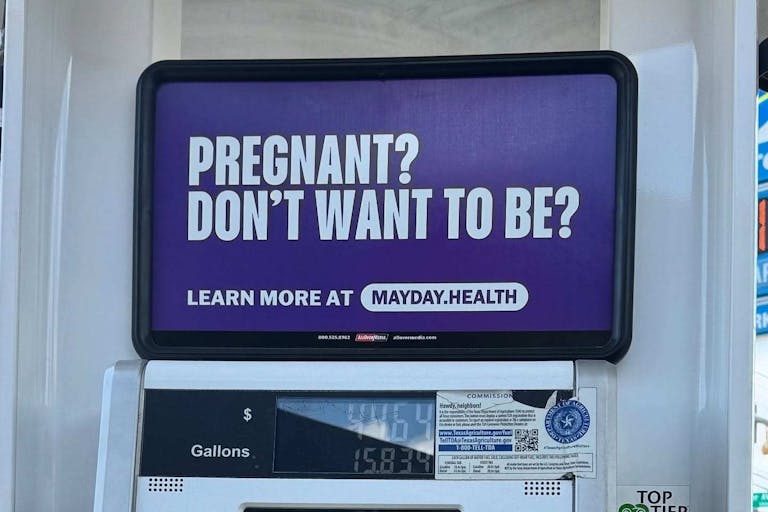
South Dakota sues Mayday Health over gas station abortion ads
Bridget Sielicki
·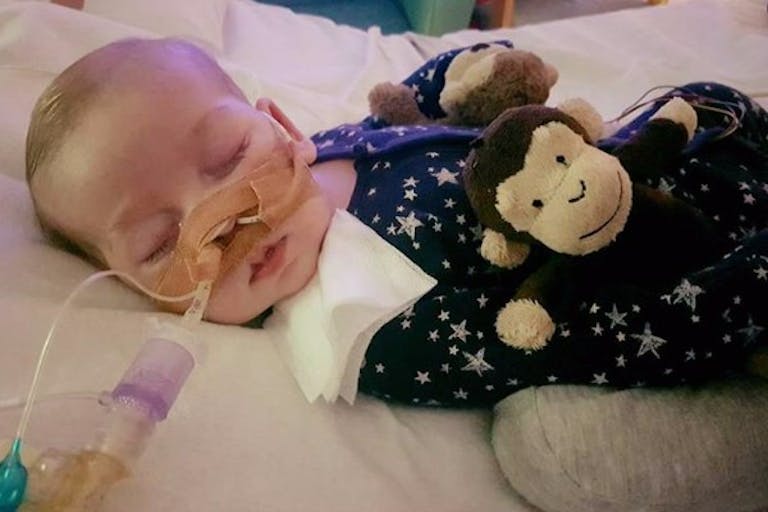
Human Interest·By Nancy Flanders
Charlie Gard’s parents have a new day in court
Charlie Gard and his parents Connie Yates and Chris Gard have been fighting for Charlie’s life for months. Today, ABC News announced that there will be a new day in court:
The parents of critically ill baby Charlie Gard can present new evidence at upcoming hearings to determine his fate.
Judge Nicholas Francis, who has overseen the latest round of hearings in the case at London’s High Court, said Friday that parents Chris Gard and Connie Yates could present evidence in full-day hearings early next week.
He said the evidence must be new and relevant to the case.
After numerous court battles and a final decision by the European Court of Human Rights to turn off Charlie’s life support, Great Ormond Street Hospital was given new research information that caused them to rethink their plan to end Charlie’s life. Just days ago Charlie, who has a rare genetic disorder called mitochondrial DNA depletion syndrome, received a much-anticipated electroencephalogram (EEG) brain scan from a neurologist flown to London from the United States.
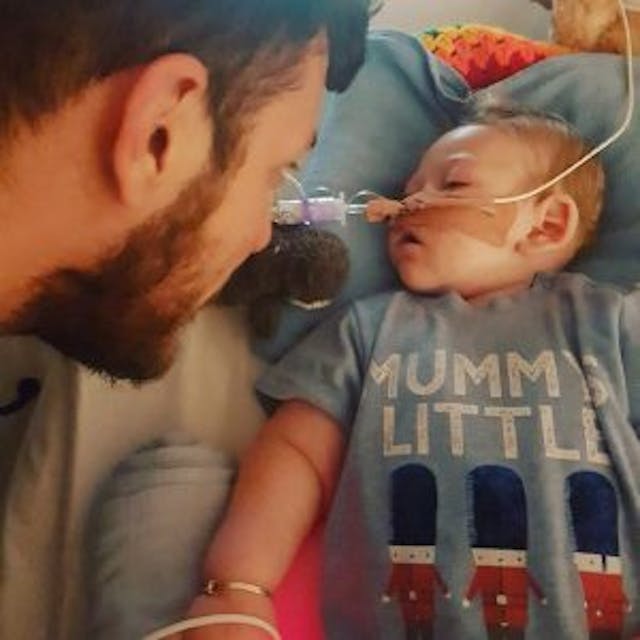
Dr. Michio Hirano, a specialist in rare genetic diseases at Columbia University Medical Center in New York, says there is as much as an 11 to 56% chance that an experimental treatment can help improve Charlie’s condition — specifically his lack of muscular strength.
Alasdair Seton-Marsden, a spokesman for the Gard family, said in a statement after the brain scan:
Today, Charlie’s case has moved from the chances of this ground-breaking therapy working from being as close to zero, as to make no difference to, according to the expert evidence that’s been heard in court, to small but significant chance.
This is the first brain scan Charlie has had nearly four months. Accompanying Dr. Hirano was a doctor from Bambino Gesu Hospital in Rome. The two spent five hours with Charlie, according to the Daily Mail. Charlie’s parents were present for the EEG and a source said they are “optimistic.”
Article continues below
Dear Reader,
In 2026, Live Action is heading straight where the battle is fiercest: college campuses.
We have a bold initiative to establish 100 Live Action campus chapters within the next year, and your partnership will make it a success!
Your support today will help train and equip young leaders, bring Live Action’s educational content into academic environments, host on-campus events and debates, and empower students to challenge the pro-abortion status quo with truth and compassion.
Invest in pro-life grassroots outreach and cultural formation with your DOUBLED year-end gift!
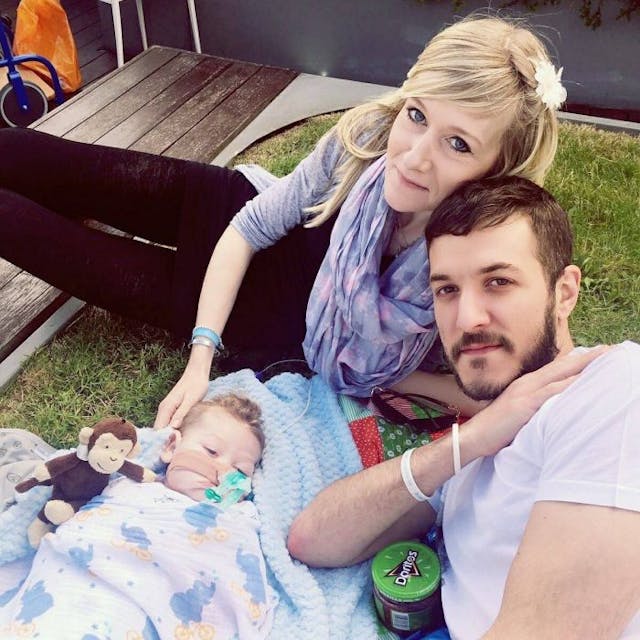
While Charlie’s GOSH doctors believe he has irreversible brain damage and he is better off dying, Charlie’s parents believe their son should be given a chance with an experimental treatment shown to help children with similar conditions. Dr. Hirano had previously reviewed Charlie’s brain scan taken on March 30, 2017, and called it “very severe,” but said he is willing to try the experimental medication because “the alternative is that [Charlie] will pass away.”
Hirano told the judge, “This is the best scientific data we have. These are small numbers, but with very rare diseases we must use every patient and gather as much detail from each patient as possible.”
In the meantime, Charlie has been granted permanent residence in the United States by Congress so he can come to the US for treatment. Congress passed an amendment to the Homeland Security Appropriation Bill which “grants permanent resident status to Charlie Gard and family so Charlie can get the medical treatment he needs,” said Nebraska Congressman Jeff Fortenberry.
This tweet is no longer available. It may have been deleted or made private. Try on X.
Despite their new permanent residence status in the U.S., the Gard family still needs permission from the courts of the UK to move Charlie.
“Our gorgeous baby boy is still stable,” said Yates. “We are at his bedside and feel satisfied he is not suffering or in any pain. As Charlie’s loving parents, we are doing the right thing for our son in exploring all treatment options.”
Live Action News is pro-life news and commentary from a pro-life perspective.
Contact editor@liveaction.org for questions, corrections, or if you are seeking permission to reprint any Live Action News content.
Guest Articles: To submit a guest article to Live Action News, email editor@liveaction.org with an attached Word document of 800-1000 words. Please also attach any photos relevant to your submission if applicable. If your submission is accepted for publication, you will be notified within three weeks. Guest articles are not compensated (see our Open License Agreement). Thank you for your interest in Live Action News!

Bridget Sielicki
·
Human Interest
Nancy Flanders
·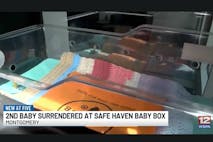
Human Interest
Bridget Sielicki
·
Human Interest
Sheena Rodriguez
·
Human Interest
Angeline Tan
·
Human Interest
Andrea Trudden
·
Politics
Nancy Flanders
·
Human Interest
Nancy Flanders
·
Issues
Nancy Flanders
·
Human Interest
Nancy Flanders
·
Politics
Nancy Flanders
·